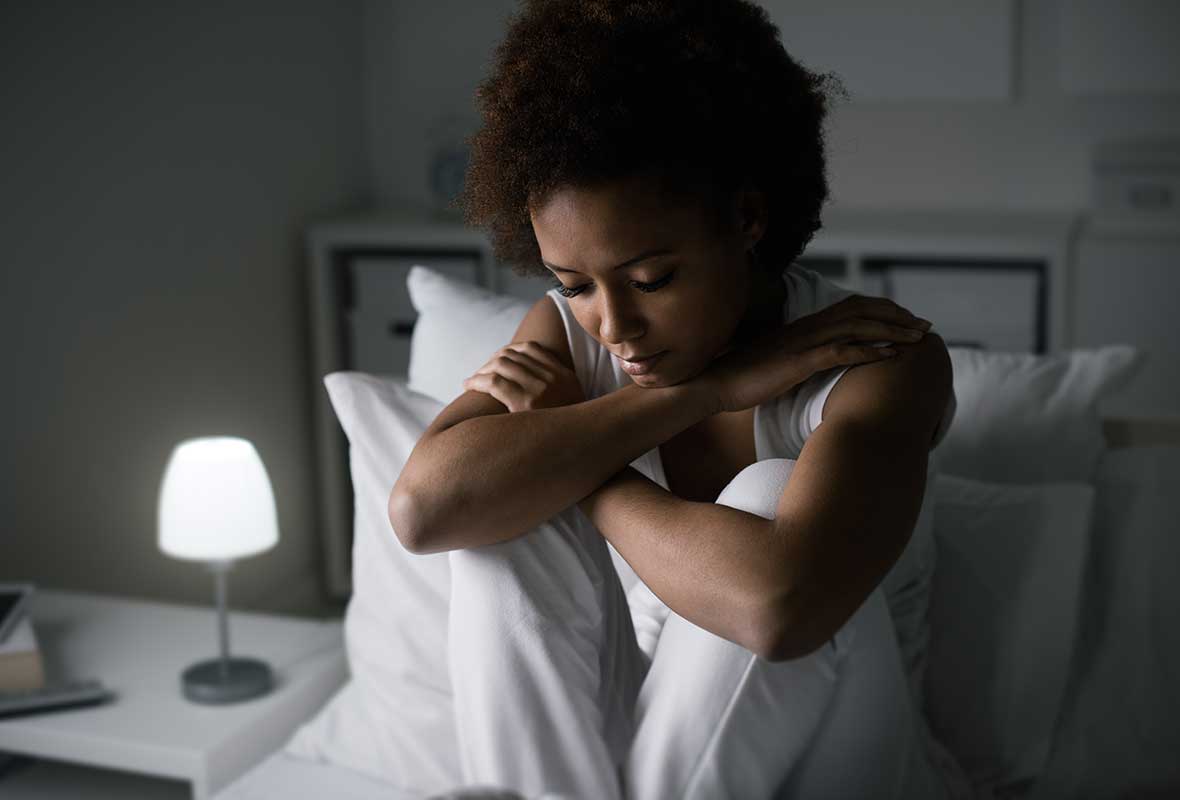WHERE TO BUY
Need Help?





